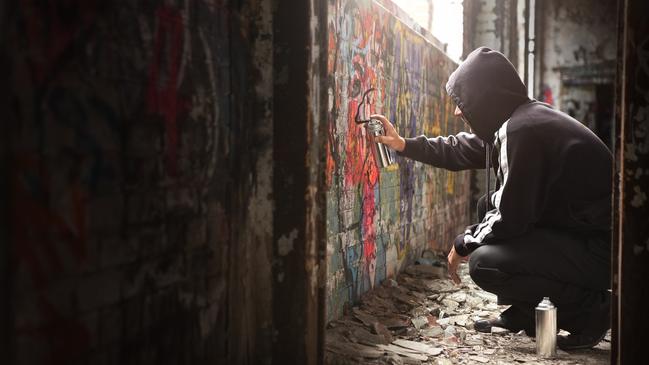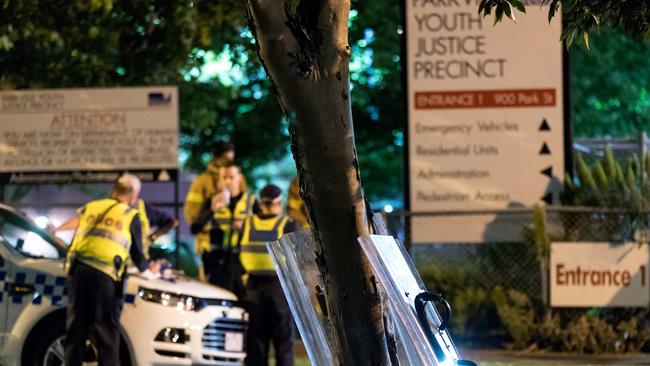Radical call for soft sentencing laws for teenage thugs
A radical plan to soften the sentences of teen thugs has been slammed, with critics saying the controversial proposal fails to recognise the importance of keeping the community safe.

Police & Courts
Don't miss out on the headlines from Police & Courts. Followed categories will be added to My News.
Teenage thugs could get discounted sentences if they have been in care under a radical proposal by the state’s Sentencing Advisory Council.
The council wants new laws that would force courts to consider criminals’ history in out-of-home care or previous trauma.
It also wants rehabilitation rather than punishment of youth offenders to become the “paramount purpose” of sentencing.
If passed into law it could mean youths found guilty of violent offences spend less time behind bars. The proposal has been slammed by critics who say public safety should be the priority.
“Victorians have been shocked at the serious crimes committed by some hardened young offenders,” Shadow Attorney-General Edward O’Donohue told the Herald Sun.
“While young criminals who have experienced trauma need improved support to get their lives back on track and break the cycle of offending, the first priority of any government must be to keep the community safe.”

However, Sentencing Advisory Council deputy chair Lisa Ward said the proposed laws could help prevent youth crime in Victoria.
“We know that a child’s early involvement in the criminal justice system predicts ongoing involvement in crime,” she said. “If we can effectively address their trauma, we can help avoid a lifetime of damage to children, their families and the community.”
Ultra-violent youths have committed some of Victoria’s most terrifying home invasions, carjackings, street brawls and assaults in recent years.
Victoria Police has established specialist taskforces to crack down on the extreme youth and gang violence.
The report, Crossover Kids, released today, says children in protection are over-represented in the justice system and often spend years moving from court to court.
It also said children who experienced trauma or abuse can go on to offend “prolifically, violently and seriously” and cause major harm to society.
“Childhood trauma affects children’s physical and neurological development in ways that increase their likelihood of offending. Recognising and addressing childhood trauma is a vital crime prevention strategy,” Ms Ward said.

Currently, the courts are required to consider factors including the age and criminal history of a youth in sentencing, however there is no express reference to the relevance of childhood trauma.
The council also wants fully specialised Children’s Courts to be expanded into regional towns and to operate as support hubs. The report will be closely considered by the state government.
A state government spokeswoman said authorities were working hard to reduce the contact young people from over-represented groups had with the justice system.
RELATED:
CRIME WAVE FEARS AS VIOLENT TEEN GANGS TAKE OVER PRISON
CALL TO ADDRESS VIOLENCE AT YOUTH JAILS

